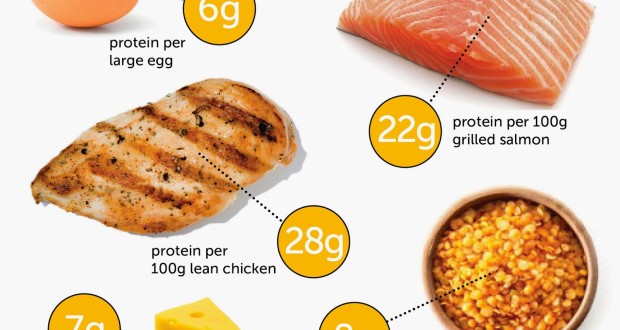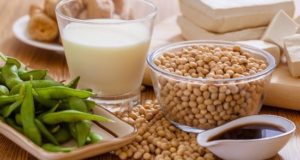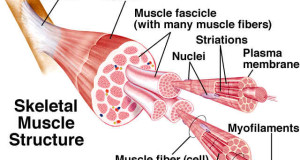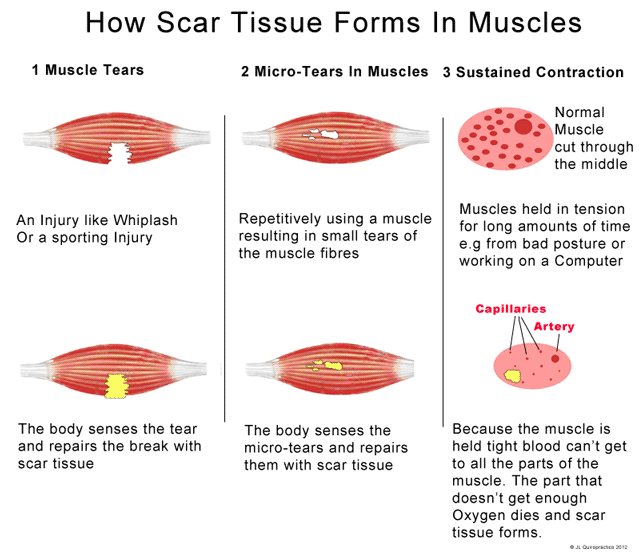
Are you considering the health benefits of whey protein vs. soy protein? Given the popularity of low carbohydrate diets on health, and recent discoveries of the nutritional value of protein sources other than meat, this is a question which is getting a lot of attention. Up until recently, most westerners look to meat and poultry as their main sources of protein. So what exactly do these plant based proteins offer, and how can you incorporate them into your diet?
Well, there are definite health advantages to using a protein supplement or eating foods with these proteins in them. The one you choose will ultimately depend on what type of results you want to achieve, your dietary preferences, and whether you have issues when you eat dairy products.
What Are You Trying to Achieve?
If your goal is to burn fat and build lean muscle, then whey protein is the right choice for you. This product is the choice of athletes and bodybuilders; they appreciate the fact that it gives their energy level a boost and increases their recovery time after sustaining an injury or an intense workout.
Soy protein, on the other hand, is a great alternative to meat, since it contains essential amino acids. This property gives you another interesting benefit: Taking soy protein means that you will get even more nutrients from the other foods that you eat. It has also been found to be an effective treatment for high cholesterol. So taking soy protein will help to reduce your risk of heart attack.
While the first goal listed is a lifestyle choice, the second may have roots in heredity. Knowing both these factors will influence your decision on which proteins to incorporate into your diet, or supplement. Of course, there are other factors to consider as well.
Are You Following a Special Diet?
Whey proteins are derived from milk. When cheese is made, the solid (curd) and the liquid (whey) are separated as part of the process. The liquid is run through filters to separate the whey protein from the other compounds present in the whey. When this process is complete, the whey protein is placed in a drying tower so that any moisture can be removed. This is how the whey protein is converted into a powder form. Keep in mind that you don’t want to consume massive doses of whey protein; it can lead to liver damage.
If you are following a vegan diet (no animal products) then you can include soy protein as part of your diet. Try to include 25 grams of soy protein each day to reap all the health benefits from this plant protein. If incorporating this into your daily diet isn’t realistic at this time, consider a supplement. Eventually, you might find it gets easier to alter your eating habits.
Soy protein can be bought in a powder form and added to such foods as mashed potatoes, yogurt, and cereals. You can also mix it into a protein shake. If you want to get your soy protein from foods you will be eating anyway, check out the selection in your local grocery store. It should be relatively easy for you to find soy cheese, meat products (including hot dogs), cold meat, yogurt, and cereal products. Tofu is another soy product that is easy to find in the dairy case at the store. It can be used in a number of ways; add it to stir-frys or add it to a smoothie. The nice thing about tofu is that it doesn’t really have a taste of its own. Instead, it tends to pick up the flavor of whatever you cook it with. For this reason, tofu is a great way to start incorporating soy protein into your diet.
Are You Allergic to Dairy Products?
Milk allergies are relatively common among food allergies. While lactose intolerance isn’t a full blown allergy, it is another reason that some people need to avoid cow’s milk and products which contain cow’s milk. Allergic reactions can vary from skin irritations to a medical emergency involving loss of consciousness, a drop in blood pressure, and an elevated heart beat. Whey protein, since it is derived from milk, cannot be taken by someone who is allergic to milk products or someone who is lactose intolerant.
Since soy protein is a plant-based product, you don’t have the same concerns about triggering an allergic reaction. It is possible to get the health benefits from a protein supplement, but in a different form.

Source by Robert McKnight
 Vitamin Agent The Health & Naturalistic Source
Vitamin Agent The Health & Naturalistic Source






Hi there, I found your web site by means of Google even as searching for a related matter, your web site got here
up, it looks good. I have bookmarked it in my google bookmarks.
Hi there, simply become aware of your weblog through Google, and
located that it’s really informative. I
am going to watch out for brussels. I’ll be grateful should you proceed this in future.
Numerous folks will probably be benefited from your
writing. Cheers!